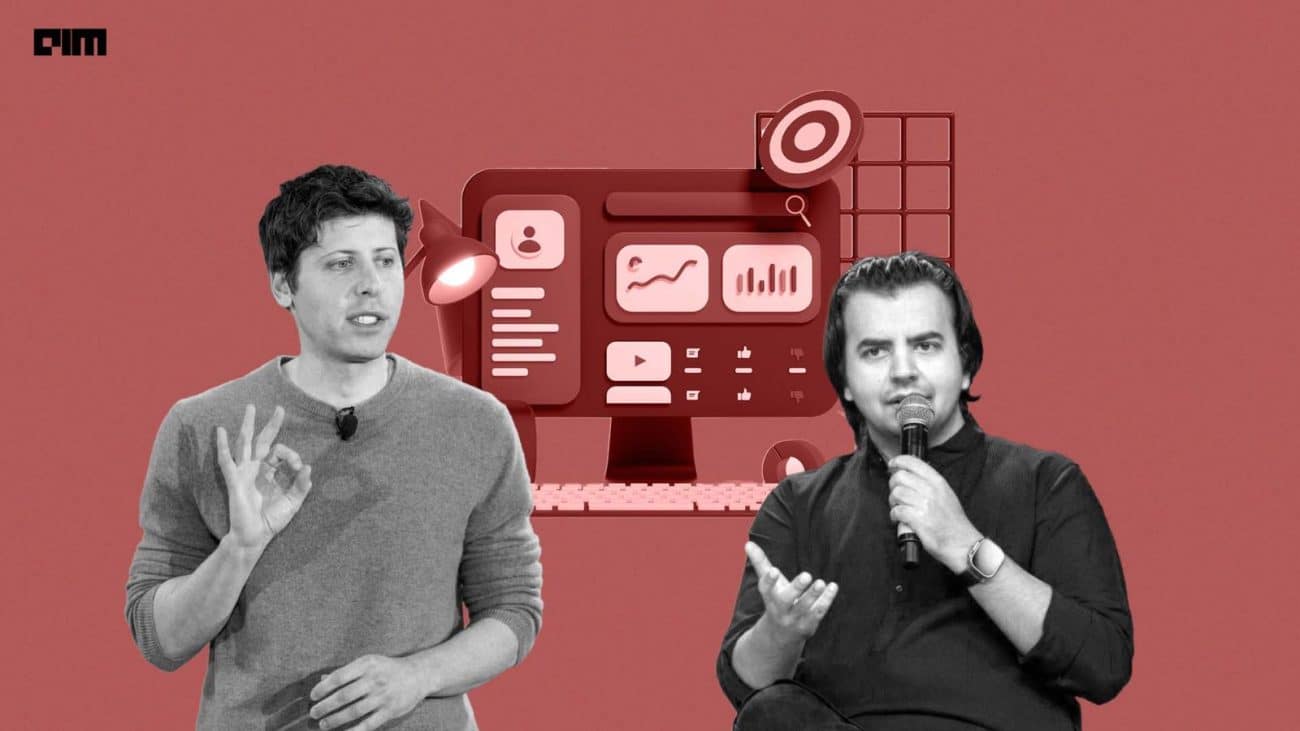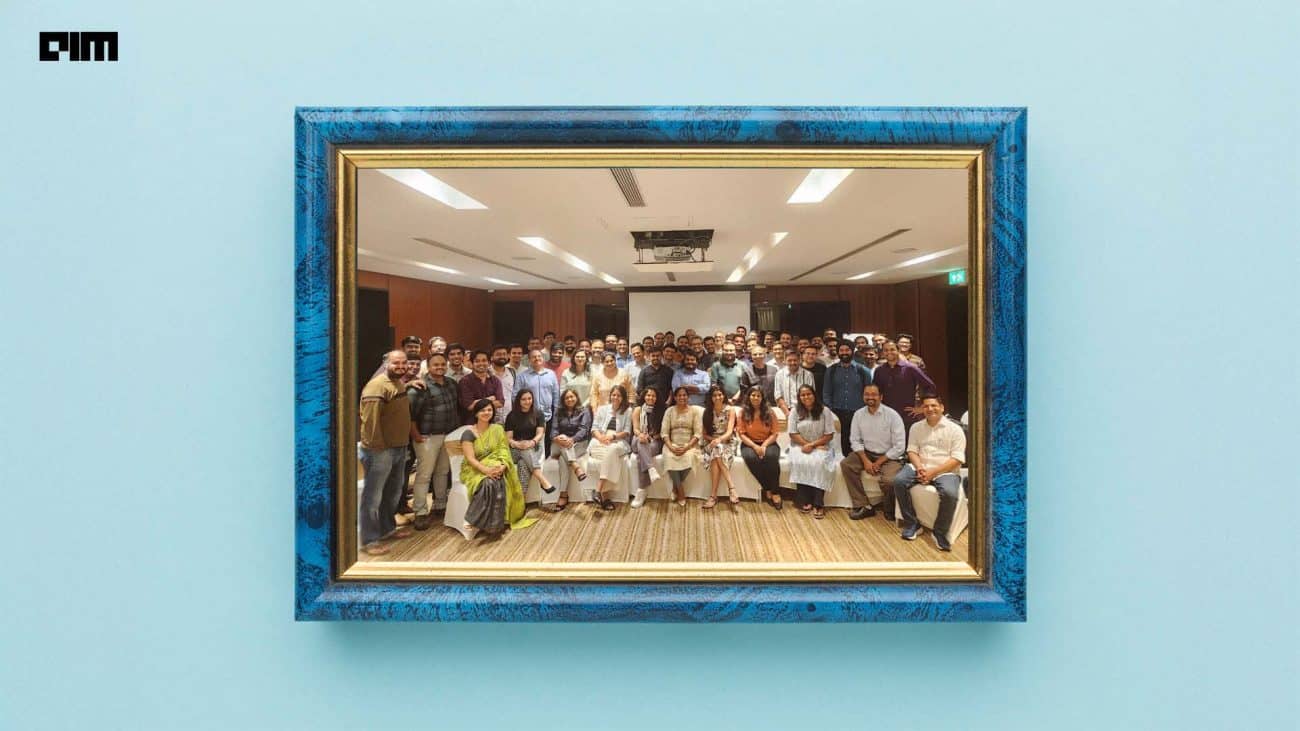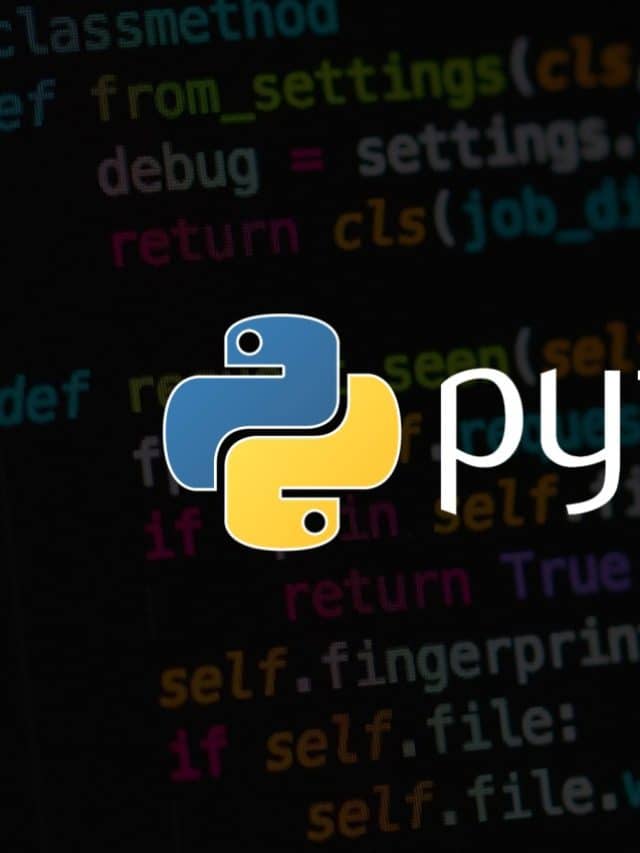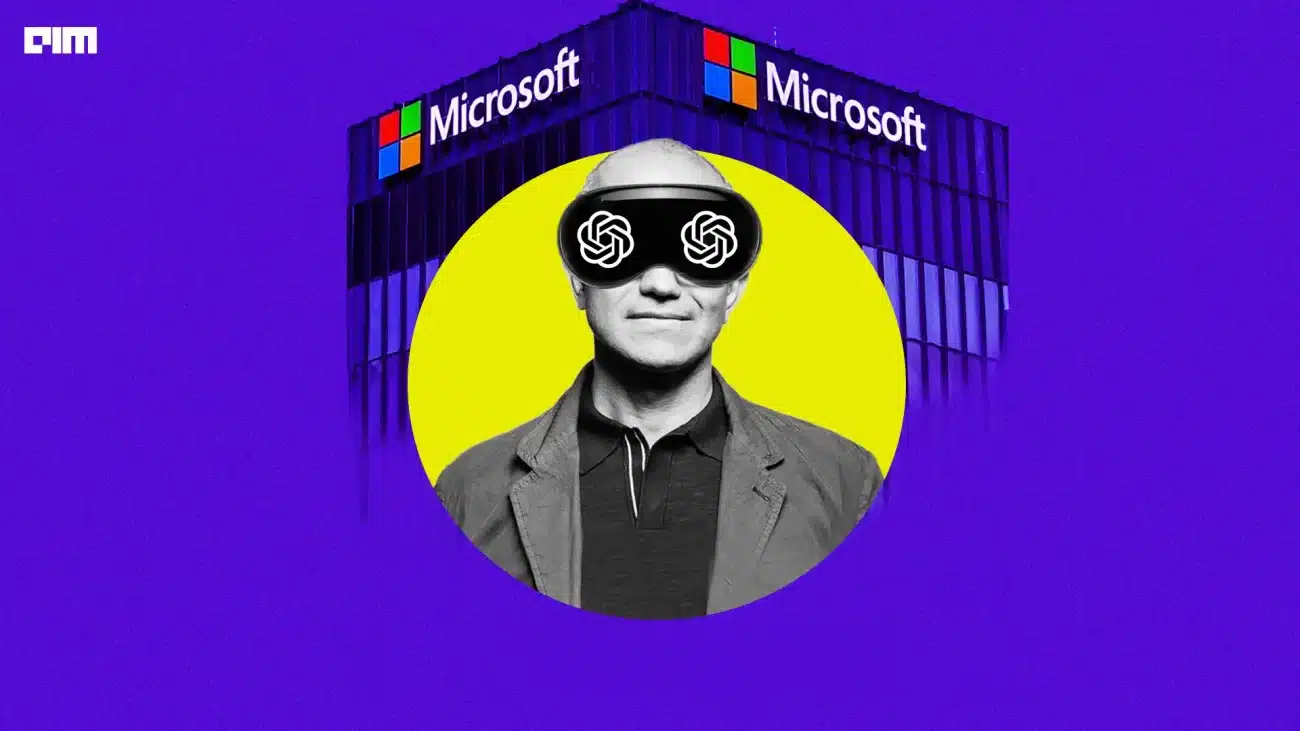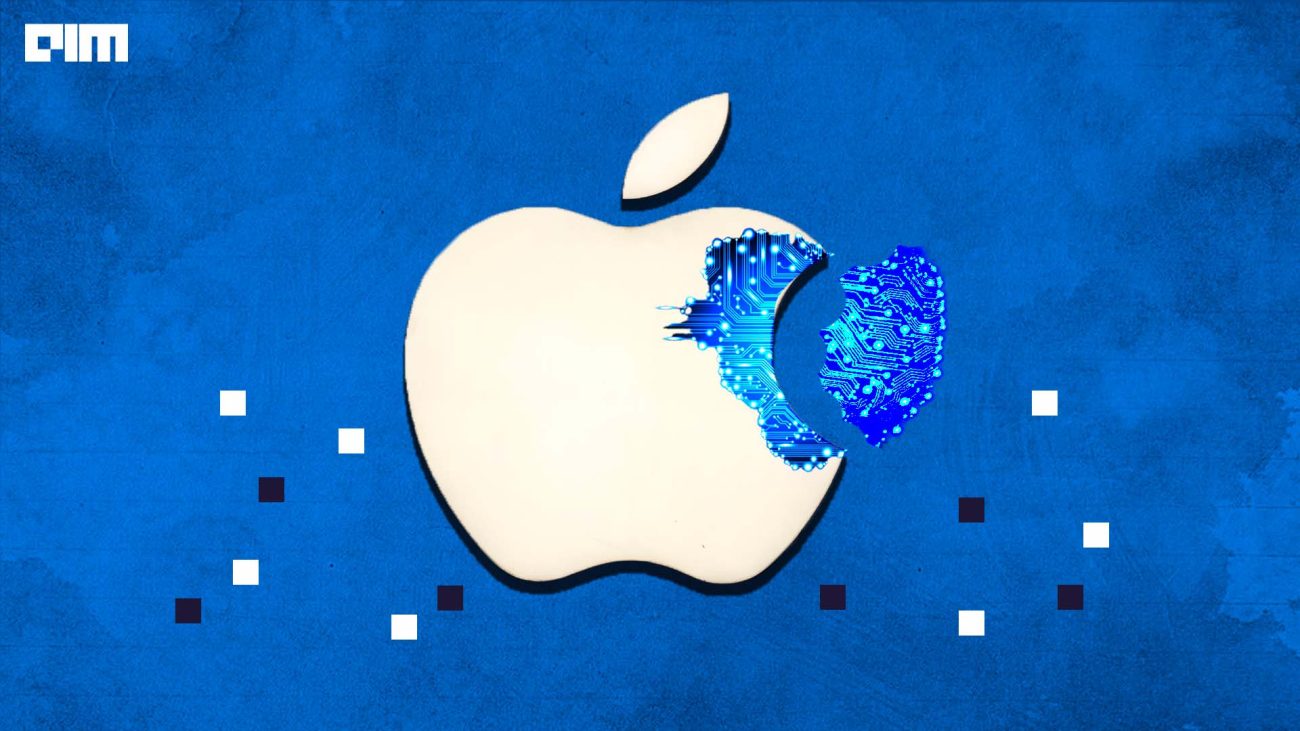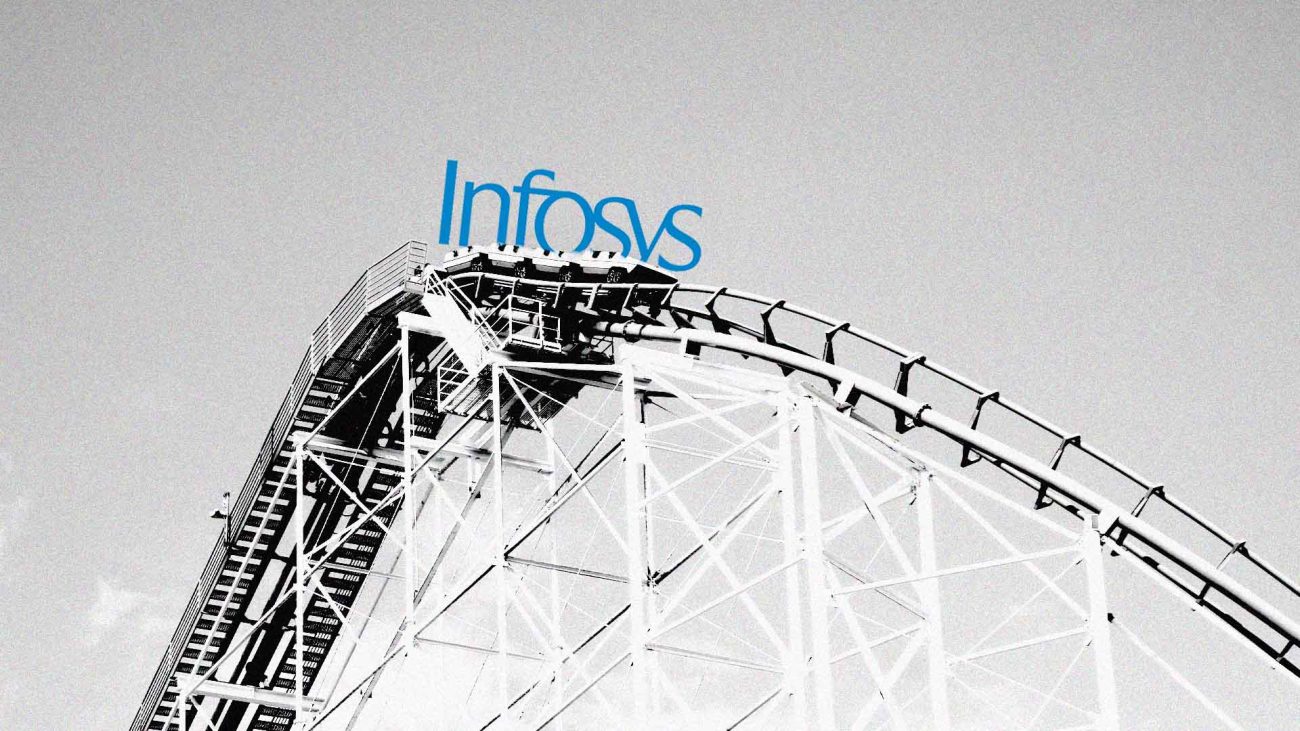|
Listen to this story
|
In India, efforts to develop foundational models that take instructions in Indian languages are on in full swing with Tech Mahindra’s Project Indus and Ola’s Krutrim leading the charge. While these initiatives are not open source, Sarvam AI, the Khosla Ventures-backed startup, has released an open-source Hindi LLM, an extension of Llama2-7B.
Besides, we have already had open-source models such as Tamil, Kannada and Marathi Llamas emerge from the Indian AI ecosystem. Though meaningful success with these models remains to be seen, whether in business applications or societal problem-solving, one unequivocal truth persists—the future is undoubtedly open source.
This is because developing a model like GPT-4, the most-advanced LLM till date, is an expensive endeavour requiring significant investments and computational power. OpenAI reportedly spends nearly USD 7,00,000 per day just to keep ChatGPT running.
For Indian businesses, undertaking such a task would not be a logical step. Hence, what India needs is a collaboration among industry leaders, research institutions, and the government to pool resources and expertise.
A collaborative approach based on open-source principles can leverage existing capabilities, share costs, and accelerate the development of foundational models tailored to India’s needs. This cooperative effort ensures efficient utilisation of resources and promotes sustainable innovation within the Indian AI landscape.
Why open source makes sense for India
Sanjeev Azad, head of technology, GlobalLogic APAC, is of the opinion that since India enjoys a unique position when it comes to diversity in language, culture, and people, having something proprietary with a narrowed vision would not work here. “Open source gives the flexibility to create many bespoke versions depending on the target users, locations, region, religion, etc, without reinventing the wheel for every individual use case,” he said.
“Additionally, open-source projects are transparent, allowing anyone to inspect the code, data, and models. This transparency can help build trust in the models’ accuracy and fairness, especially important for such culturally and linguistically sensitive applications,” he told AIM.
Most of India’s efforts to build Indic LLM have been open source apart from a handful of enterprise-driven initiatives such as Tech Mahindra’s and Bhavish Aggarwal-led Krutrim. Azad believes the ideal approach for businesses involves fine-tuning a foundational model like Mistral or Llama with datasets specific to the Indic languages.
“In my opinion, adopting an open-source approach will enable a demarcation of innovation where passionate people can come together and build something good for society,” he added.
Chaitanya Chokkareddy, chief technology officer, Ozonetel, also believes open source is the only approach for building IndicLLMs.
“We have to understand that the architecture, training code, etc. for such models are already open source for models like Llama. What we are talking about here is mainly open sourcing the datasets. When dealing with black box LLMs where explainability is key, open source is the only way to go,” he told AIM.
Moreover, efforts are also underway to develop IndicLLMs from scratch. Vishnu Vardhan, founder of SML, who is spearheading the BharatGPT initiative, told AIM that building Indic LLMs with a million tokens on top of English foundational models, which have trillions of tokens, won’t be enough to make them on par with GPT-4 for other languages such as Kannada or Tamil or Hindi.
India already has open-source ecosystem
India has demonstrated its prowess in constructing open-source networks and architectures through its Digital Public Goods (DPG) like Unified Payment Interface (UPI), DigiLocker and Aadhaar. The country also has a growing ecosystem of developers advocating for open source software and AI.
According to a GitHub report, India’s developer community has experienced continuous expansion, registering a notable 36% increase in 2023.
The report highlights the pivotal role played by the UN-backed Digital Public Goods Alliance and India’s efforts in establishing a digital public infrastructure. This includes utilising open-source materials ranging from software to AI models, contributing significantly to the observed growth in India’s developer ecosystem.
“People from India are also actively contributing to open-source projects globally. This collaboration can accelerate the development and adoption of open-source AI technologies,” Azad said.
Interestingly, Vivek Raghavan, co-founder at Sarvam AI, has previously served as a technology advisor at Unique Identification Authority of India (UIDAI), which issues Aadhaar in India. He previously told AIM that their goal is to use their open source models to enhance existing DPI or applications and serve as a foundation for developing newer applications.
Moreover, in recent years, we have also witnessed an open source AI ecosystem emerging out of India comprising developers, educational institutions, private enterprises, nonprofits as well as public sector institutions. Efforts are underway to develop not just models, but also tools, open-source datasets and other resources to help build IndicLLMs.
For example, the AI4Bharat initiative, led by IIT Madras and established with the support of Nandan Nilekani-backed nonprofit EkStep Foundation, is actively constructing datasets for Indian languages. Additionally, the initiative is developing various tools and resources intended for the creation of Indic language models (IndicLLMs).
Power of open-source AI
Most of the developments in the West are enterprise-driven and focussed on solving business problems. However, most of India’s efforts with AI, on the other hand, have been focussed on the upliftment of underserved communities and breaking the existing language barrier in the country.
India aims to harness AI to enhance information dissemination for illiterate farmers, support rural children in their education, and address various socio-economic challenges and most of these will be driven by open-source AI. Going forward, India is poised to present a compelling narrative to the world, illustrating the transformative impact of AI for the betterment of human society.
“Most of the unusual innovations are done through India and the way we innovate is completely unique in the world. People in India know how to get complex things done in as simple a way as possible,” Azad continued, “There are several pieces of evidence to justify this — UPI is a great example.”
With a focus on social betterment, India will showcase to the world innovative applications that address pressing challenges and these efforts will be driven by open-source AI. Moreover, India also presents a unique opportunity for entrepreneurs to innovate and leverage AI to solve societal problems.

















